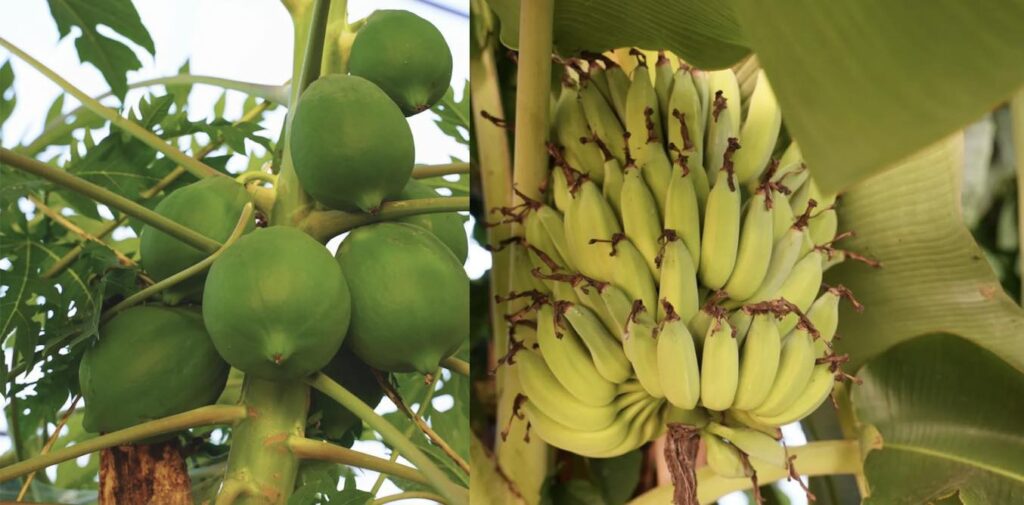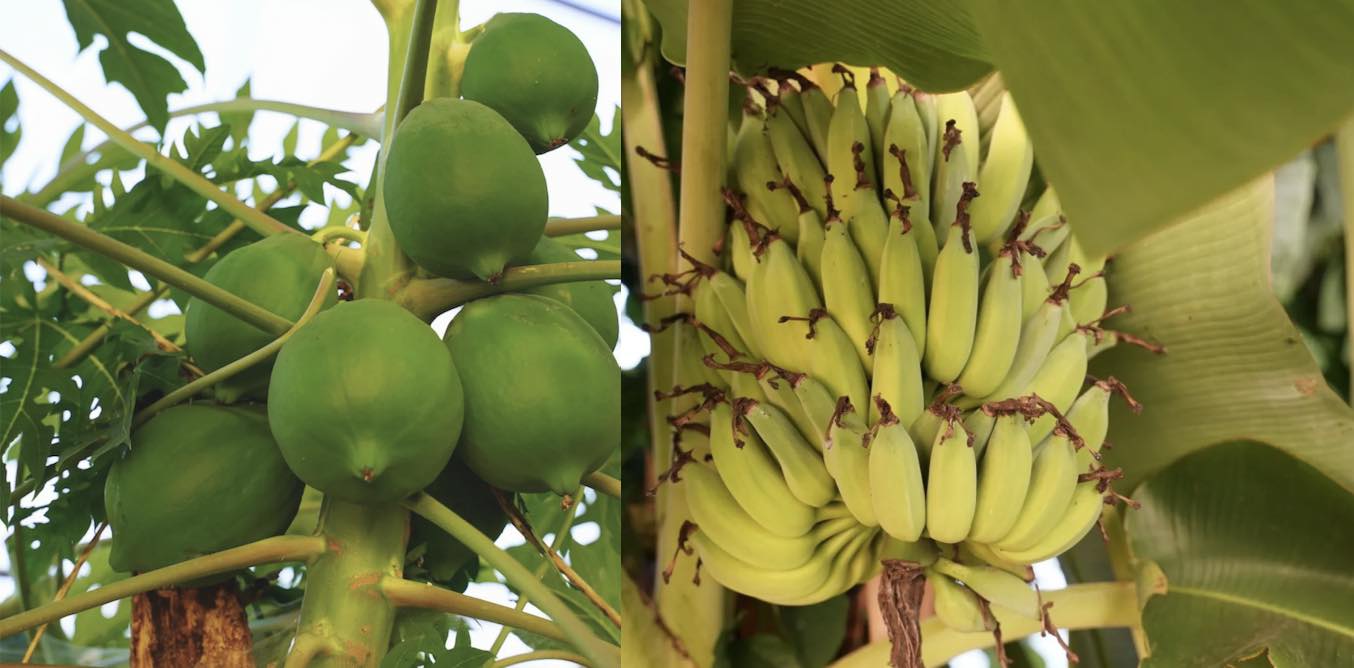Eco-conscious consumers in France may be shocked when they walk into their local grocer and see the words “Made in France” under a pineapple, or guava fruit.

It’s thanks to a growing number of French growers who are cutting back on CO2 emissions from food imports by adapting their cultivation methods to the tropical requirements of fruit that the country would normally ship in from thousands of miles away.
Who doesn’t love a banana? They’re the world’s most eaten fruit; or the mango, also known as “the best fruit.” Is there anything better to compliment a piece of grilled fish or chicken than grilled pineapple? Tropical fruit is hard to beat, but getting it to northern Europe presents a 12,000 pound problem.
Importing two tons of produce can produce 6 tons in carbon-dioxide and its greenhouse gas equivalents. That’s a lot of emissions, for as lovely as France is for growing food, they are net-importers, and in 2019 they brought in 3.4 million metric tons of fruit: the majority of which were bananas.
This has not gone unnoticed by growers like Frederic Morlot, who maintain a greenhouse in the Torreilles in the east Pyrenees under the name Les Arts Verts, The Green Arts. In this windswept mountain range, he grows bananas, turmeric, kaffir limes, passionfruit, “mango ginger” from Madagascar, guava, pineapple, and more exotic species like jamrosat, a kind of rose-scented apple.
The trick, Morlot tells France24, is to find the species that, despite growing in the tropics, can handle colder conditions.
“Scientists have discovered that plants can create antifreeze,” says Morlot. “They create a sap that contains this antifreeze and they are able to protect themselves during winter.”
“We are able to collaborate with the greatest French chefs on exotic products, products that won’t travel for months or hours by boat or plane, and this will ultimately result in a zero-carbon impact,” he said.
And he is proud to count a Michelin-starred chef among his buyers.
SHARE This Sweet Climate Story With Friends on Social Media…




















